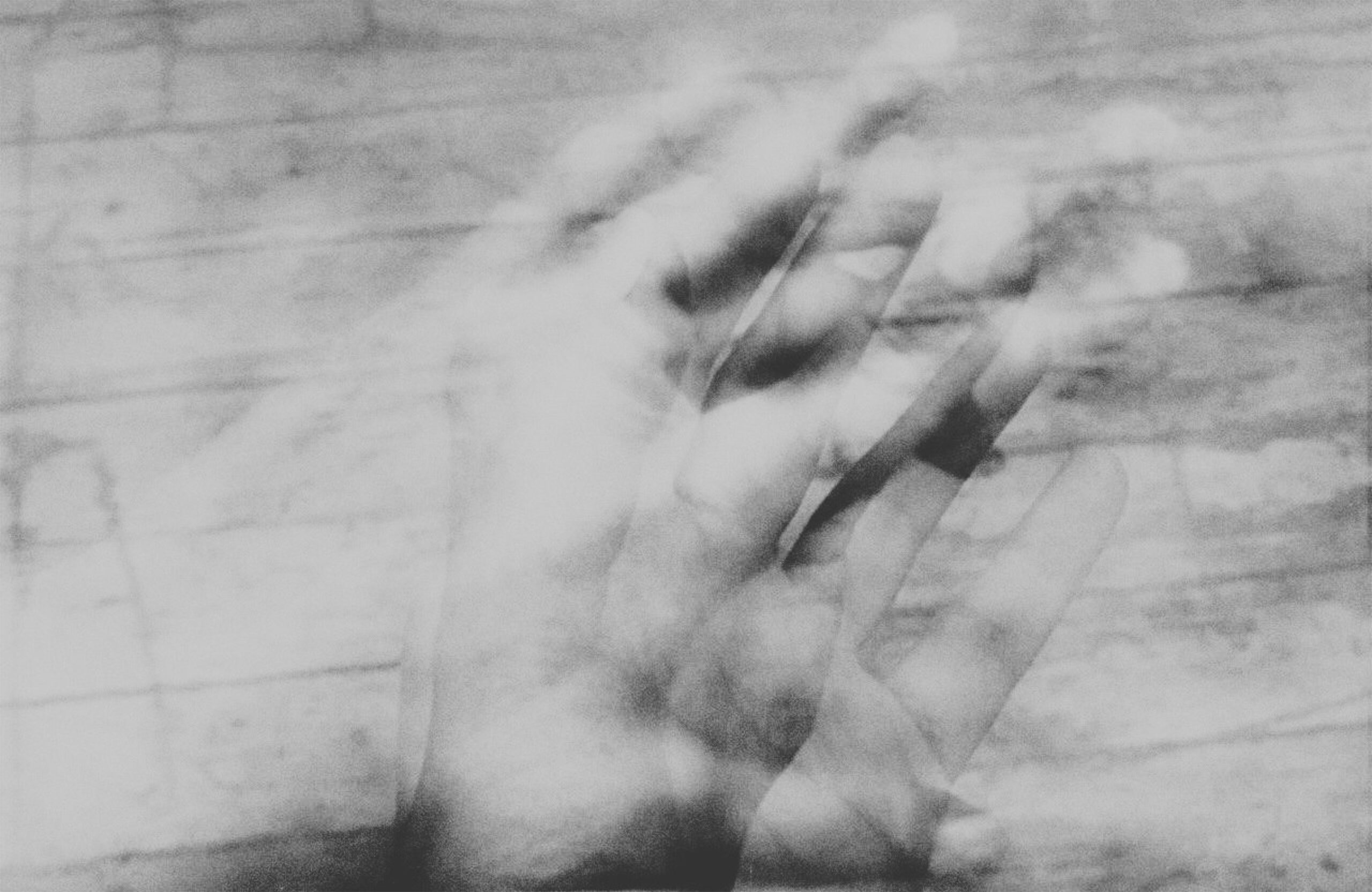The Lady Who Translates My Stories
Translated by Gregory Berry
La mujer que traduce mis historias
by Jorge Paolantonio
Five years ago, Jorge Paolantonio wrote a gracious appreciation (“La mujer que traduce mis historias’) of my wife’s skill in translating some of his prose into English. I reworked Jorge’s admiring poem from Spanish into English, consulting with him as I went. I pointed out to Jorge the most striking structural element in the poem: He had made his translator into the living text of his poem, an incarnation and creator of the poem’s language.
The Lady Who Translates My Stories
For Nouha Gorani Homad, New York, October 2015
The lady who translates my stories
Damascus-born brought Neruda’s
loves to another language
proved the true faith of her father:
he filled her senses with Buenos
Aires, with the fragrant cedars
of the East or the cliffs of Wales.
The tender lady who translates my stories
brought children into the world
to share new understanding,
their lullabies the songs
of Lebanon and courtly ballads:
she made them mandalas
with geraniums and dates.
In the living flesh she translates my stories
as a pilgrim she has said her prayers
in countless languages,
as many as the battered women
in Detroit in Jalisco in Neuquen
and Salta, in Congo, Afghanistan,
Somalia, Nigeria, the Sokoto
Caliphate, in the blue night
of Lapland and Helsinki,
the Mirabal sisters – the Dominican –
Maria Soledad, in Catamarca.
The barefoot lady who translates my stories
draws a veil in Aleppo
and a shroud in Palmyra,
works to paint herons
on the wing and a heaven
where figs would forever ripen.
In Chile she kisses Gida,
in Kuwait Ghada: she leaves
her mother a rose of Sharon
fresh-cut this very morning.
She sighs openly, this
lady who paints worlds in small:
overcomes dismay with her baclava
this lady, – feather steady
in the wind – carves a cedar
of immeasurable height,
where, one on another, rise
a crane, a salmon, a two-headed
snake and a black butterfly:
a totem to sum up the world
in poems of love and
a song of despair.
La mujer que traduce mis historias
para Nouha Gorani Homad, New York, 2015
la mujer que traduce mis historias
nació en Damasco
interpretó el Corán en otro idioma
y dejó que Neruda
enamorase en otra lengua
la mujer bella que traduce mis historias
sostuvo la fe profunda del padre viajero
que la dejó llenarse los ojos de una plaza
frente a su embajada porteña
y de cedros perfumados de oriente
o acantilados ásperos de Gales
la mujer delicada que traduce mis historias
ha parido hijos para entender mejor el mundo
supo acunarlos mientras vertía en sus oídos
melodías del Líbano y baladas medievales
y les armaba mandalas con geranios y dátiles
la mujer en carne viva que traduce mis historias
ha peregrinado y dicho sus oraciones
en una multitud de lenguas
tantas como mujeres violentadas
en Detroit en Guatemala en Medellín
en Río en Jalisco en Salta
en Congo Afganistán Somalia
Nigeria y el califato de Sokoto
en la noche azul de Laponia y de Helsinki
las hermanas Mirabal -Dominicana-
María Soledad en Catamarca
la mujer de pie descalzo que traduce mis historias
corre un velo en Aleppo y un sudario en Palmira
se esfuerza por pintar una garza en vuelo
ese mar que la llenaba de cielos
mientras los higos maduraban eternos
entre vahos de anís y de menta
la mujer amorosa que traduce historias
en Chile besa a Gida en Kuwait a Ghada
deja una foto de su madre bajo una rosa- de-siria
cortada esta mañana
suspira a cara descubierta
esta hermosa mujer que pinta pequeños mundos
y resuelve la tristeza armando su baklava
la mujer mutable -pluma al viento-
que traduce historia
ha tallado un cedro de altura incalculable
allí se apilan una grulla un salmón
un ofidio bicéfalo y una mariposa negra:
es un tótem que resume al mundo
en poemas de amor
y una cancíon desesperada.

